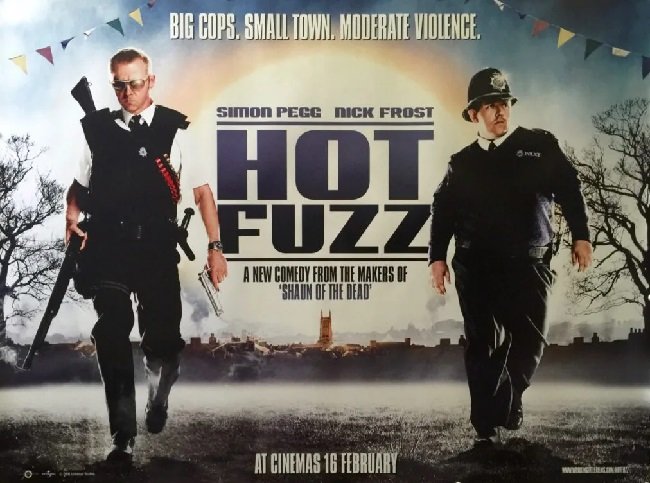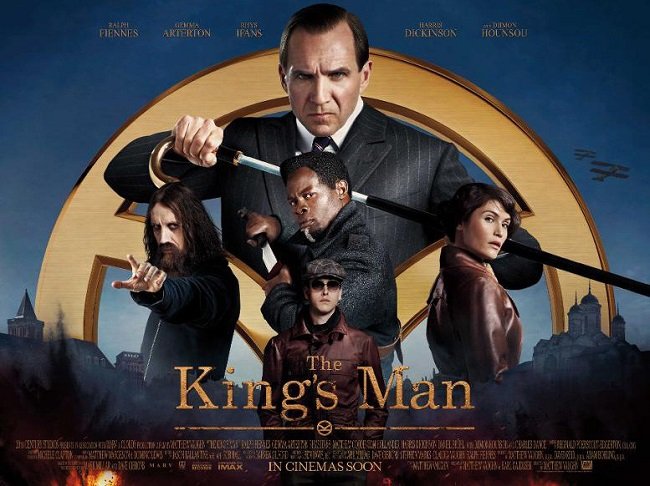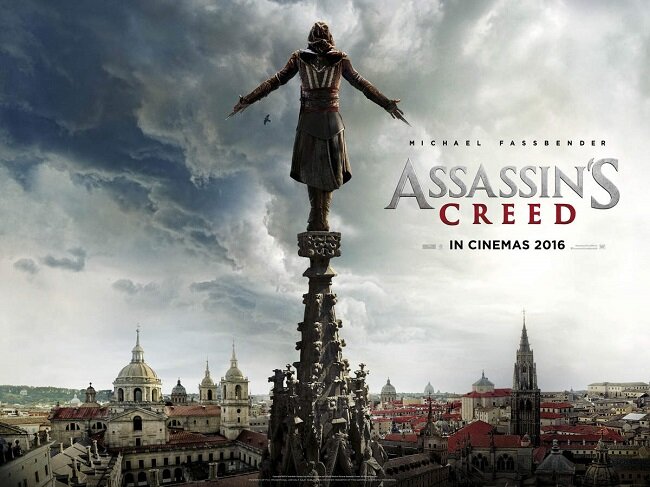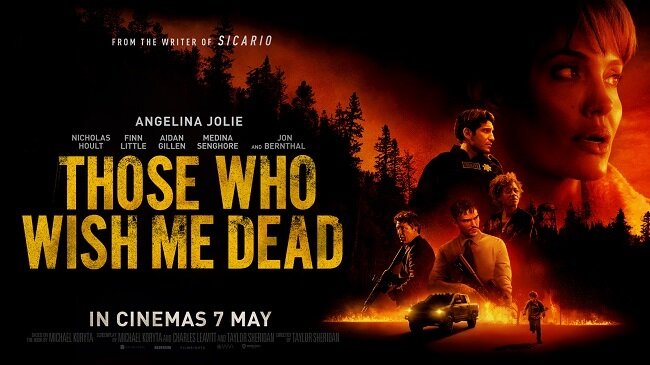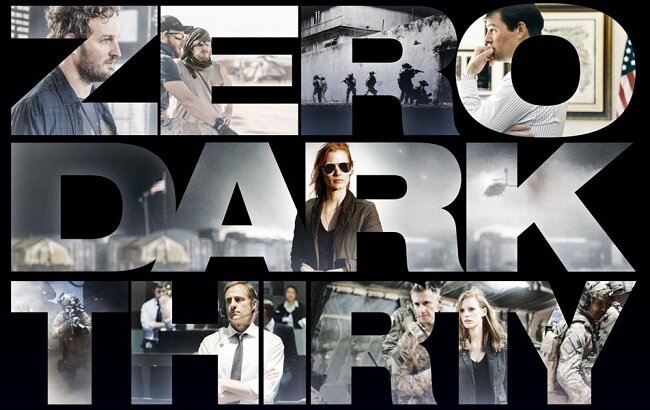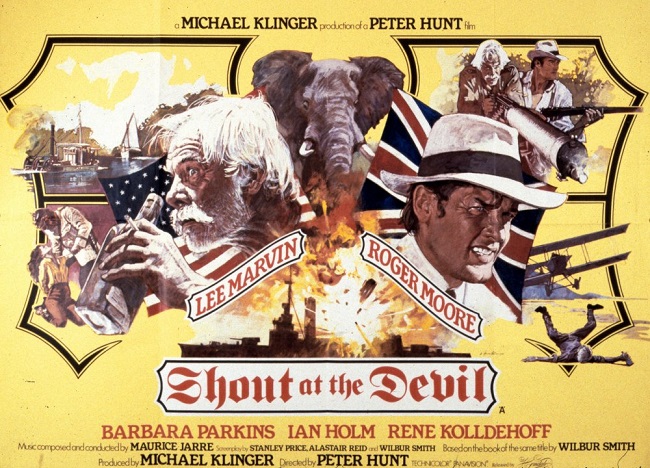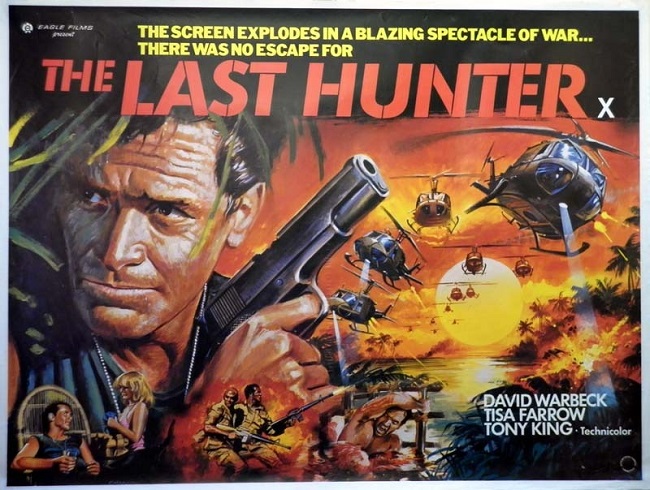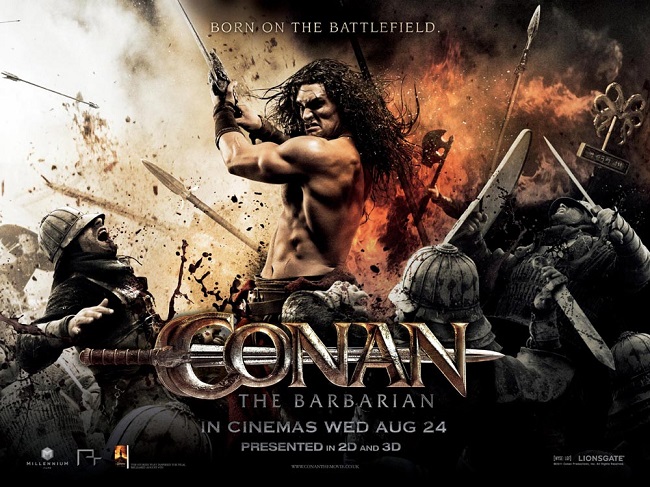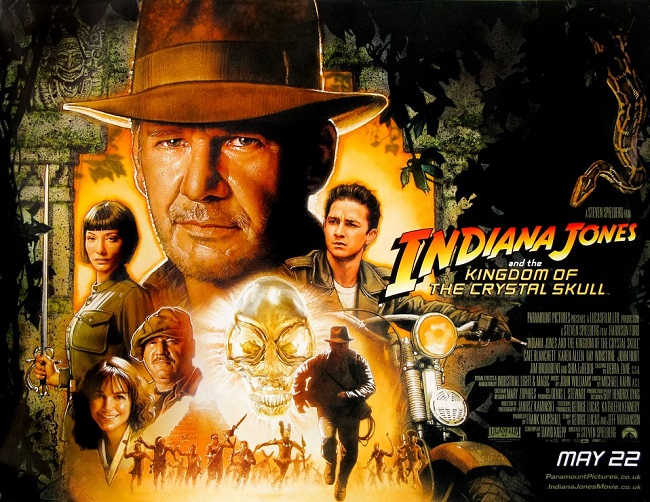When Eight Bells Toll (1971)
One of the stand out tropes of the modern action film is that the stakes are always cranked right up to 11. Terrorists, biological weapons and nuclear bombs are common threats in such movies with a hero or heroes trying to save the world from death and destruction or worse. However, back in the sixties and seventies, things were a little more straight forward and in some respects more credible. Take When Eight Bells Toll, released in 1971, for example. British Treasury secret agent Phillip Calvert investigates the theft of £8,000,000 in gold bullion by a gang of international smugglers. In the context of the times this was no small beer however it’s somewhat mundane compared to fighting super villains and their space lasers. Frankly I prefer these low key plot devices as they can make a film a little more plausible within the confines of the genre. A concept that is often forgotten today.
Phillip Calvert (Anthony Hopkins) an undercover British treasury agent along with his intelligence officer partner Hunslett (Corin Redgrave) are assigned to find five cargo ships that have gone missing in the Irish Sea. They track a ship,The Nantesville, which is carrying £8 million in gold bullion, to the Scottish Highlands before it mysteriously goes missing. Posing as marine biologists, Calvert and Hunslett find the local inhabitants both suspicious and hostile. A Cypriot shipping tycoon Sir Anthony Skouras (Jack Hawkins), whose luxury yacht Shangri-La is anchored off the coast, may be involved in the theft of the gold bullion. While searching the surrounding area by helicopter, Calvert makes contact with a group of remote shark fishermen who appear more friendly than Torbay's locals. Calvert also meets Lord Kirkside (Tom Chatto) and his teenage daughter in their remote hilltop castle. Both act strangely and are uncooperative. Calvert’s helicopter is then shot down and he only just manages to escape back to his boat. However, he then finds that Hunslett is missing.
Based upon a novel by Alistair MacLean, When Eight Bells Toll is a lean and focused thriller that eschews the excess of the James Bond franchise. There are no gadgets or globe trotting to exotic locations. The story confines itself to the sea and some remote Scottish islands.The plot moves fast and is punctuated by some low key but hard hitting action scenes. Veteran stunt arranger Bob Simmons stages the fights sequences and shootouts in an efficient manner. Anthony Hopkins trained and lost weight for the role and handles these scenes well. There is a casual efficiency to the violence. After one fight, Calvert wraps a length of chain around a incapcitated enemy and throws overboard. Later while breaking into Lord Kirkside’s castle he knocks out another heavy and promptly throws him out of a nearby window into the sea below. Although unpleasant it does bring an air of authenticity to the proceedings.
When Eight Bells Toll benefits from the casting of Anthony Hopkins. He brings his acting talent to bear on the role and is suitably sarcastic and menacing as a good spy should be. Screenplay is at its best when he is being upbraided by his superior officer, “Uncle Arthur”, played with aplomb by the great Robert Morley. Morley is sceptical of Calvert, suspecting he went to an “indifferent school”. The class divide and snobbery inherent in the UK government services is wittily explored but ultimately doesn’t get in the way of Uncle Arthur and Calverts business relationship. Jack Hawkins again has his voice dubbed by Charles Gray as his treatment for throat cancer had robbed him of his distinct voice. Perhaps the weakest role is that of Charlotte (Sir Anthony’s second wife) played by Nathelie Delon. The character is supposed to be scheming and duplicitous but is sadly underwritten, thus making Calvert’s involvement with her somewhat curious. Lavorski, the leader of the smuggling ring played by Ferdy Mayne, is also a two dimensional villain who we learn little about.
Overall When Eight Bells Toll is a concise and focused action movie which benefits from good performances from Hopkins and Morely as well as some solid set pieces. Sadly director Étienne Périer does not bring much flair to the production. Despite having some wonderful Scottish scenery the cinematography by Arthur Ibbetson is somewhat stark. Perhaps that was the look they were looking for, It contrasts with the interior shots which do feel very studio bound. The editing is also somewhat pedestrian. However, the film’s score by Angela Morley (credited as Walter Stott) is sublimely brassy and bombastic, reflecting the accepted musical idiom of the spy movie genre from that time. Sadly, despite the producer’s hope to start a franchise, there were no further Phillip Calvert films, which is a shame. The minimalism and lack of glamor is reminiscent of The Ipcress Files and Calvert is an interesting anti-hero.




